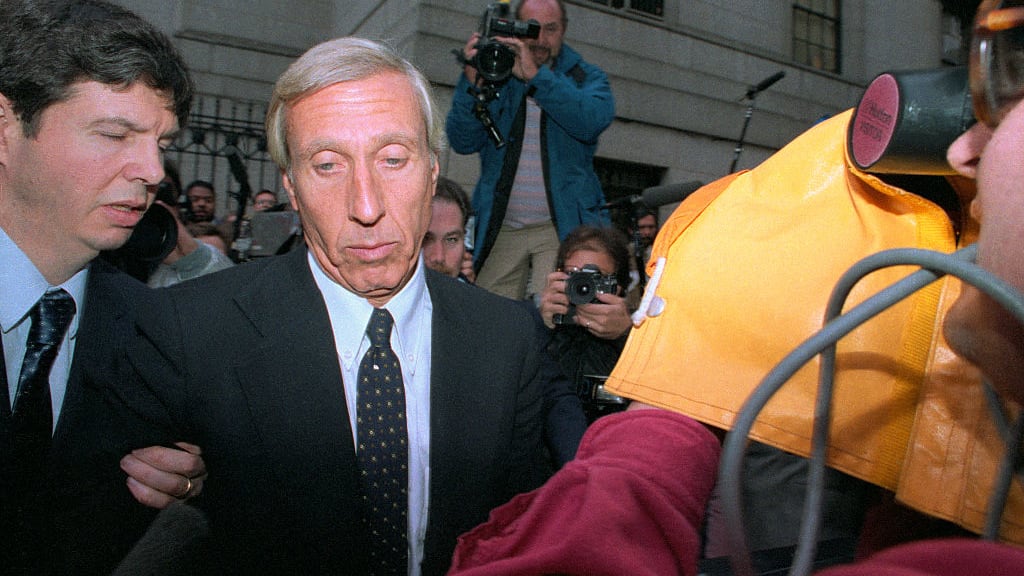U.S. News
Getty Images
Ivan Boesky, Inside Trader and Inspiration for Gordon Gekko in ‘Wall Street,’ Dies at 87
GREED IS GOOD
His name became synonymous with greed, which he infamously told business school graduates at a commencement was “healthy.”

Trending Now





